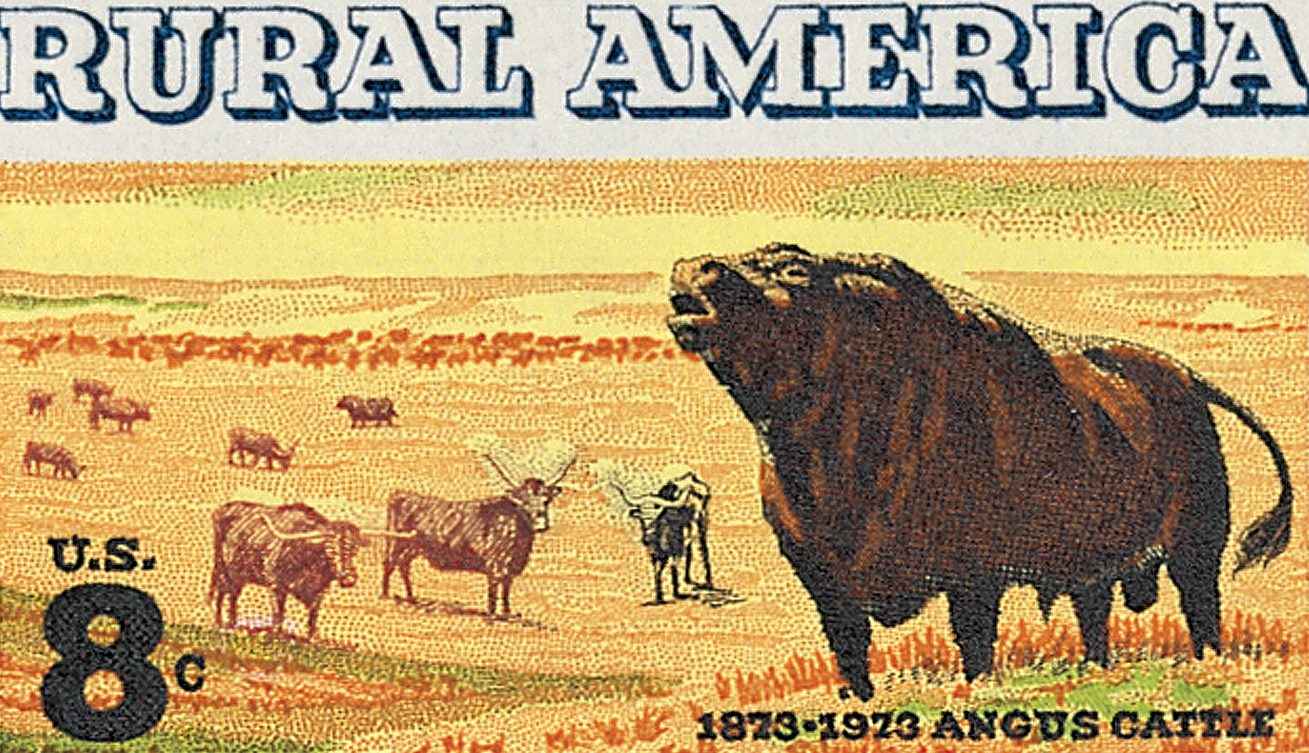Rural America Series
On October 5, 1973, the USPS issued the first of three stamps in the Rural America Series, which honored different aspects of rural life in America.

On October 5, 1973, the USPS issued the first of three stamps in the Rural America Series, which honored different aspects of rural life in America.

Novelist Thomas Clayton Wolfe was born on October 3, 1900, in Asheville, North Carolina. He’s considered North Carolina’s most famous writer and was a major influence on several writers of the next generation.

On October 1, 1896, Rural Free Delivery was introduced in a handful of West Virginia towns. Rural free delivery made the mail faster, more convenient, and more valuable, bringing our nation together like never before.

On September 30, 1935, President Franklin Roosevelt presided over the dedication ceremony of the Boulder Dam. Later renamed the Hoover Dam, it’s one of the highest concrete dams in the world.

On September 27, 1777, Lancaster, Pennsylvania served as the nation’s capital for a single day. During and after the Revolutionary War, the nation’s capital changed several times before settling in Washington, DC in 1800.

On September 26, 1960, John F. Kennedy and Richard Nixon took part in America’s first televised debate, which revealed just how important this growing medium would be on future politics.

On September 25, 1909, the Hudson-Fulton Celebration opened in New York and New Jersey. The celebration marked the 300th anniversary of Henry Hudson’s discovery of the Hudson River as well as the 100th anniversary of Robert Fulton’s first successful commercial paddle steamship.

America’s longest-serving chief justice of the Supreme Court, John Marshall, was born on September 24, 1755, in Germantown, Virginia.

On September 21, 1948, the US Post Office issued the Gold Star Mothers stamp to honor mothers whose sons had been killed in war. It was the first stamp in eight years to feature women (or women’s organizations), and just the 11th stamp overall to do so.